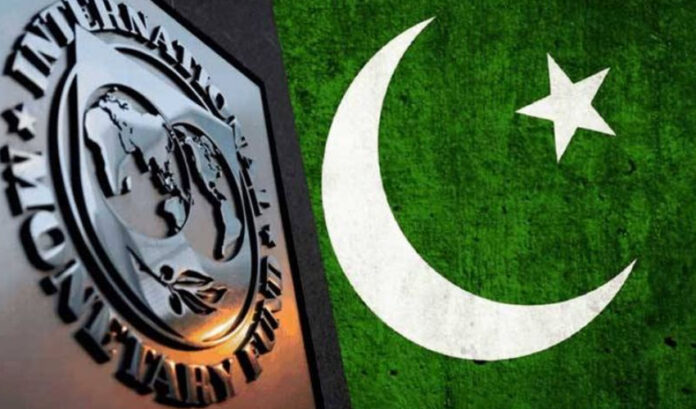Islamabad, May 6: Pakistan is hoping to stave off an economic crisis with an IMF mission set to visit the country this month, giving the cash-strapped country a bailout package and discuss new policies and reforms, as part of its new loan program.
The visit coincides with the country preparing to formulate its new upcoming fiscal year budget, which the organisation will be monitoring. This time though, the IMF is pushing for the acceleration of reforms rather than the size of the program, media reports said.
In late April, Islamabad had successfully completed a short-term $3 billion program, which helped stave off sovereign default, but the government of Prime Minister Shehbaz Sharif has stressed that there is a strong need for a fresh, longer term program.
According to Dawn, the Pakistan government is expected to seek at least $6 billion and request additional financing from the Fund under the Resilience and Sustainability Trust.
Ahead of the IMF mission’s arrival, Pakistan’s federal government has taken some steps to ensure that the bailout package is a success, such as stopping subsidies of government officials and Customs officers from grades 17 to 22, which include subsidised house rent and medical expenses, according to Samaa.
As all these incentives were funded from the common pool fund, the Federal Board of Revenue (FBR) has mandated the cessation of subsidies and incentives from this fund.
The tenure or date of arrival of the IMF mission is not yet known, though Pakistan’s financial year runs from July to June and its budget for fiscal year 2025, the first by Sharif’s new government, has to be presented before June 30.
Addressing a conference in Islamabad, Pakistan’s Finance Minister Muhammad Aurangzeb said “We have requested the IMF … that we want to go into a larger and a longer program with the fund and they have acceded that request, and we are expecting the mission to arrive here within a week to 10 days, where we will start discussing the contours of the next program.”
He added that a new IMF program was needed, to bring “permanence” to macroeconomic stability and continue to carry out “structural reforms.”
Edging on the verge of collapse, Pakistan’s $350 billion economy managed to stabilise itself and narrowly avoided a total default thanks to the IMF bailout, as inflation rates dropped from an all time high of 38 percent last May, to 17 percent in April.
Pakistan already owes the IMF $7 billion, and its external debt obligations currently stand at more than $130 billion. Experts fear the current policy of using more debt to address fiscal deficit will create more inflation in the country.








